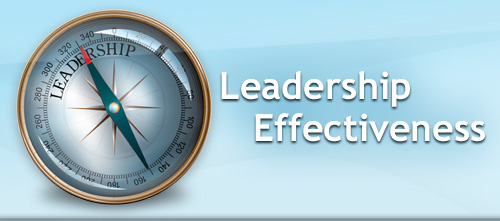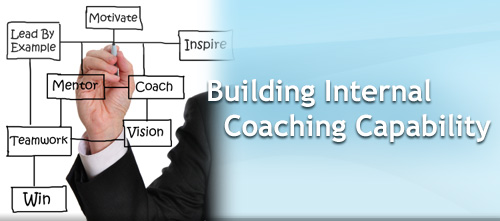“We spend a lot of time teaching leaders what to do. We need to teach leaders what to stop”.
-Peter Drucker
How true and wise is this statement. Think about your own organization. When was the last retreat or training session you attended that was titled, Stupid Things Our Top People Do That We Need to Stop Doing Now?
When was the last time your boss delivered an internal talk, designed to motivate employees that focused on his negative traits and his efforts to stop his destructive behavior? Can you imagine your immediate supervisor admitting a personal failing in public and outlining his efforts to stop doing it? Probably Not.
We get credit for doing something good. We rarely get credit for ceasing to do something bad.
Yet, they are flip sides of the same coin.
There are good reasons for this, largely allied to the positive tone and fast-forward momentum that organizations try to maintain. Everything in an organization is designed to demonstrate a commitment to positive action and couched in terms of “Doing” something.
Example: We will start paying attention to our customers (rather than stop talking about ourselves). Or –We must begin to listen more attentively (rather than stop playing with our Black Berries while others are talking).
Like wise the recognition and reward systems in most organizations are geared to acknowledge the doing of something. We get credit for doing something good. We rarely get credit for ceasing to do something bad. Yet, they are flip sides of the same coin.
We can change this. All that is required is a slight tweak in our mindset, in how we look at behavior. Get out your notepad. Instead of the usual “To Do” list—start your “To Stop” list.
That is the funny thing about stopping some behavior. It gets no attention, but it can be as crucial as everything else we do combined.
For some reason we are less likely to poison our thinking this way in normal everyday life. When it comes to stopping behavior or avoiding bad decisions outside the workplace, we congratulate ourselves all the time. When a person successfully stops smoking, we regard it as a big achievement. But we lose this common sense in the can-do environment of an organization—where there is no system for honoring the avoidance or cessation of bad behavior. Performance reviews are solely based on what we’ve done, what numbers we’ve delivered and what ratings we’ve received against last quarter’s results. Our goals are couched in terms of actions we’ve initiated, not behavior we have stopped.
We get credit for being punctual, not for stopping our lateness.
We can change this. All that is required is a slight tweak in our mindset, in how we look at behavior. Get out your notepad. Instead of the usual “To Do” list—start your “To Stop” list.
We have to stop couching all behavior in terms of positive or negative. Not all behavior is good or bad. Some of it is simply neutral. Neither good or bad.
For example, let’s say you are not regarded as a nice person. You want to change this perception. You decide, “I need to be nicer.” What do you do?
Fortunately, there is a simpler way to achieve the goal of “being nicer”–
All you have to do is “stop being a jerk.”
For many people, that is a daunting assignment, requiring a long list of positive actions. You have to start complimenting people, saying ‘please” and “thank you”, listening to people more patiently, treating them with verbal respect, etc. etc. In effect you have to convert all the negative things you do at work into positive actions. That’s asking a lot of most people, requiring a complete personality makeover that is closer to religious conversion than on-the-job improvement.
Fortunately, there is a simpler way to achieve the goal of “being nicer” All you have to do is “stop being a jerk.” It doesn’t require much. You don’t have to think of new ways to be nicer to people. You don’t have to design daily tasks—you don’t have to remember to say nice things. All you have to do is… nothing:
- When someone offers a less-than-brilliant idea in a meeting—don’t criticize it. Say nothing.
- When someone challenges one of your ceasing to be a jerk does not require learning new behaviordecisions, don’t argue with them or make excuses. Quietly consider it and say nothing.
- When someone makes a helpful suggestion, don’t remind him or her that you already knew that. Thank them and say nothing.
This is not s semantic game. The beauty of knowing what to stop—is that it is easy to do. Given the choice of becoming a nicer person or ceasing to be a jerk, which do you think is easier to do? The former requires a concerted series of positive acts of commission. The latter is nothing more than an act of omission.
Think of it in terms of a box. Being a nicer person requires you to fill up the box with all the small positive acts you perform every day to establish the new you. It takes a long time to fill up the box and even longer for people to pay attention and notice that your box is full.
On the other hand, ceasing to be a jerk does not require learning new behaviors. You don’t have to fill up the box with all your positive achievements; you simply have to leave it empty of any negatives.
All that is required to correcting one’s negative behaviors is the faint imagination to stop doing what you’ve done in the past—in effect, to do nothing at all.








{ 0 comments… add one now }